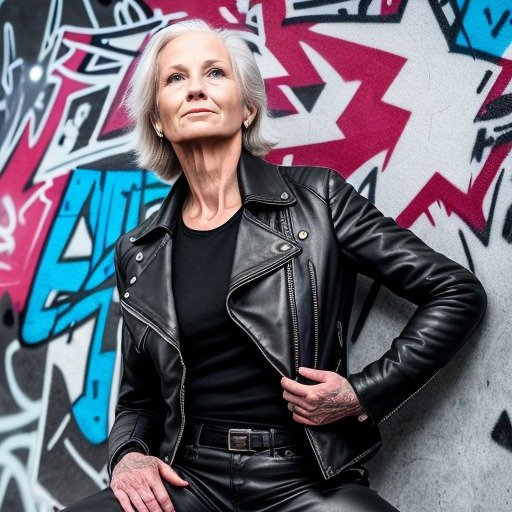168 reads
Lessons From the OpenAI Storm: Angel Investors in the Age of aI Revolution
by
January 11th, 2024
Audio Presented by

Investing in AI & Robotics startups by day, fashionista by evening. | I share insights and predictions.
Story's Credibility



About Author
Investing in AI & Robotics startups by day, fashionista by evening. | I share insights and predictions.
